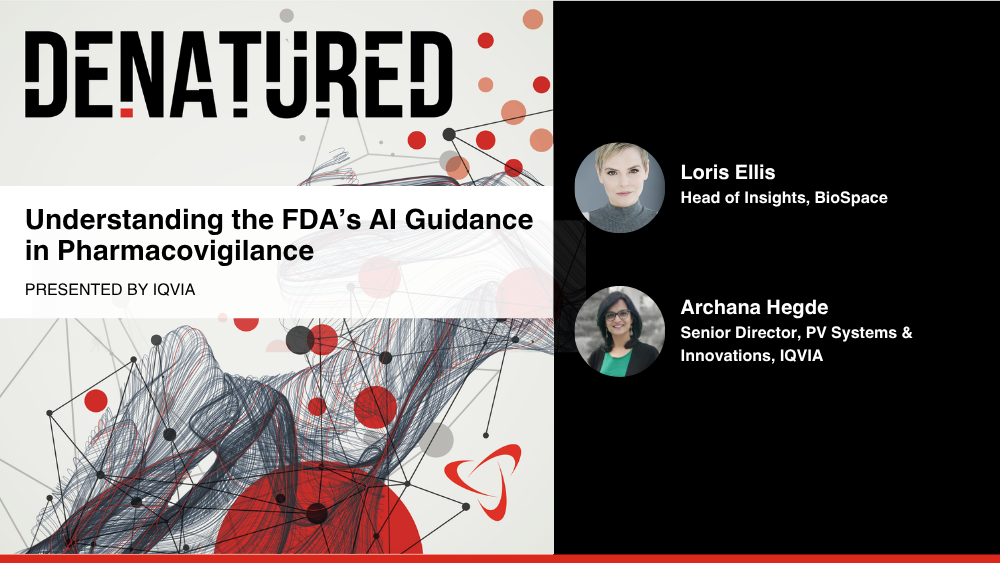BOSTON, Nov. 3 /PRNewswire-FirstCall/ -- Pharmasset, Inc and InterMune, Inc. today announced results from all patient cohorts of the INFORM-1 trial, an innovative Phase 1 study of two direct-acting antiviral (DAA) compounds administered without interferon or ribavirin for the treatment of patients chronically infected with the hepatitis C virus (HCV).(i) The study, conducted by Roche as part of its collaborations with InterMune and Pharmasset, combined the oral NS3 protease inhibitor RG7227 (also known as ITMN-191) and the oral nucleoside analog polymerase inhibitor RG7128.
INFORM-1 Results
Viral Kinetic Performance of Twice-Daily Regimens
The full dose combination of RG7128 1000mg and RG7227 900mg administered twice-daily without pegylated interferon or ribavirin, the current standard of care for HCV, for 13 days resulted in 88% of HCV-positive treatment-naive patients achieving HCV RNA below the lower limit of quantification (LLOQ; <43 IU/mL), and 63% of patients having HCV RNA below the lower limit of detection (LLOD; <15 IU/mL). The same regimen in "null responders" resulted in 50% of patients with HCV RNA below LLOQ and 25% of patients with HCV RNA below LLOD. Null responders were defined as patients with an HCV RNA reduction of <1 log10 IU/mL in 4 weeks or <2 log10 IU/mL in 12 weeks of prior treatment with pegylated interferon and ribavirin. At the twice-daily dose of 600mg of RG7227 in combination with 1000mg of RG7128 twice-daily for 13 days in treatment-experienced patients, somewhat lower viral load reduction and categorical responses were observed, an observation that will guide dosing in future studies in these patients.
Safety and Tolerability
The all-oral, interferon-free combination showed promising safety and tolerability. No treatment-related serious adverse events (SAEs), dose reductions or discontinuations were reported in any patient in INFORM-1, including previously reported lower dose cohorts. The most commonly reported adverse events (AEs) were headache, nausea and diarrhea and these had a similar incidence to previously reported lower-dose cohorts.
FURTHER INFORM STUDIES - PROGRAM ADVANCING RAPIDLY
The companies announced today that a Phase 2 program of multiple studies will be initiated by Roche in the first quarter of 2010. "INFORM-2" will investigate rapid virologic response (RVR) provided by twice-daily dosing of RG7128 and RG7227 alone, in combination with pegylated interferon alfa-2a, ribavirin, and in combination with both pegylated interferon alfa-2a and ribavirin. Longer term studies evaluating sustained virologic response (SVR) are anticipated for the first half of 2010.
About RG7128
RG7128, a cytidine nucleoside analog inhibitor of HCV RNA polymerase, is being
developed for the treatment of chronic HCV infection. RG7128 has shown potent in vivo activity against all of the most common HCV genotypes (1, 2 and 3). RG7128 has been studied in combination with PEGASYS(R) and COPEGUS(R) for up to 28 days, and is currently in a Phase 2b clinical trial in combination with PEGASYS(R) plus COPEGUS(R).
About Pharmasset
Pharmasset is a clinical-stage pharmaceutical company committed to discovering, developing, and commercializing novel drugs to treat viral infections. Pharmasset's primary focus is on the development of oral therapeutics for the treatment of hepatitis C virus (HCV) and, secondarily, on the development of Racivir(TM) for the treatment of human immunodeficiency virus (HIV). Our research and development efforts focus on nucleoside/tide analogs, a class of compounds which act as alternative substrates for the viral polymerase thus inhibiting viral replication. We currently have three clinical-stage product candidates. RG7128, a nucleoside analog for chronic HCV infections, is in a Phase 2b clinical trial in combination with PEGASYS(R) plus COPEGUS(R) and is also in INFORM studies, the first studies designed to assess the potential of combinations of small molecules without interferon and ribavirin to treat chronic HCV. These clinical studies are being conducted through a strategic collaboration with Roche. Our other clinical stage candidates are PSI-7851, an unpartnered, next generation HCV nucleotide analog which has completed two Phase 1 clinical studies and Racivir(TM), for the treatment of HIV, which has completed a Phase 2 clinical trial. We have also recently announced the nomination of two purine nucleotide analogs, PSI-938 and PSI-879, for preclinical development.
Forward-Looking Statements
This news release contains forward-looking statements within the meaning of section 21E of the Securities Exchange Act of 1934, as amended, that reflect the companies' judgments and involve risks and uncertainties as of the date of this release, including without limitation the statements related to anticipated product development timelines. All forward-looking statements and other information included in this press release are based on information available to the companies as of the date hereof, and the companies assume no obligation to update any such forward-looking statements or information. Actual results could differ materially from those described in the forward-looking statements.
All trademarks used or mentioned in this release are protected by law.
(i) "Combination Therapy with a Nucleoside Polymerase (RG7128) and Protease (RG7227/ITMN-191) Inhibitor Combination in HCV: Safety, Pharmacokinetics, and Virologic Results from INFORM-1," Abstract #193: to be presented at the Meeting of the American Association for the Study of Liver Diseases (AASLD) in Boston, Massachusetts, October 30 - November 3, 2009.
Pharmasset, Inc.




